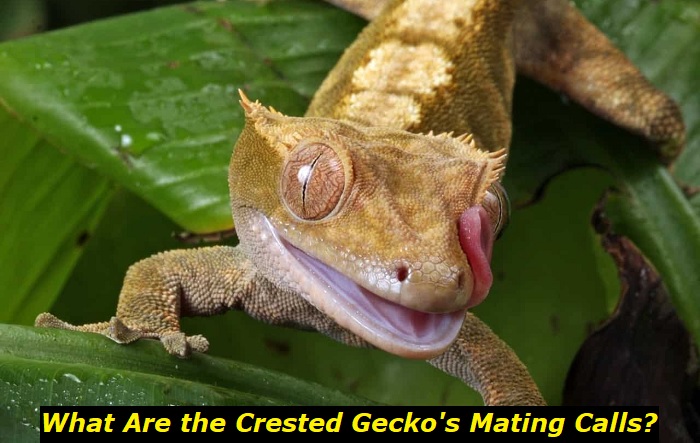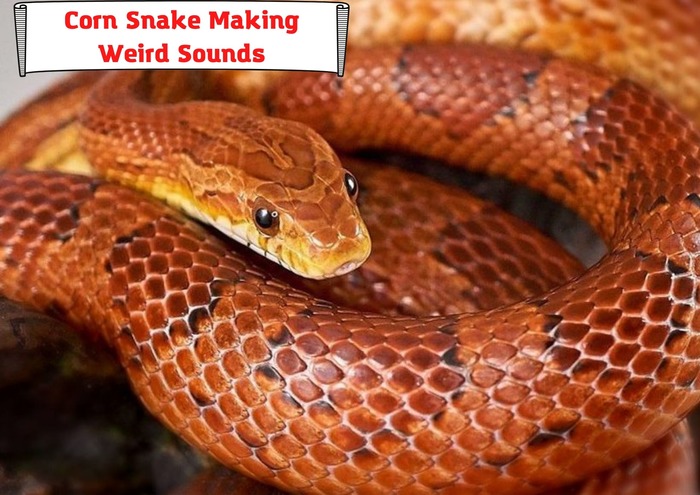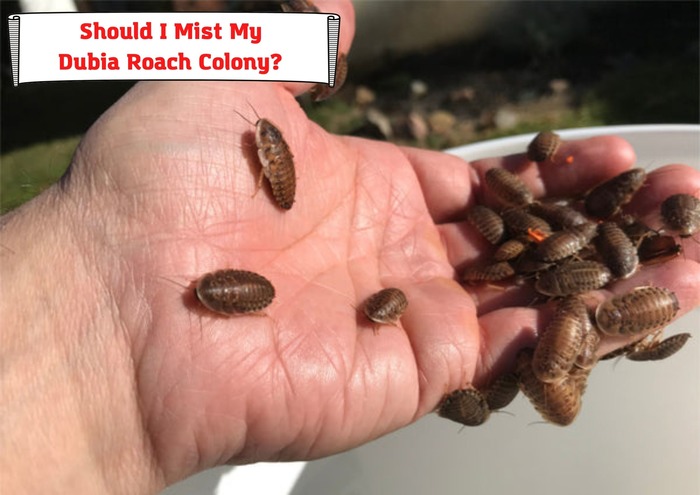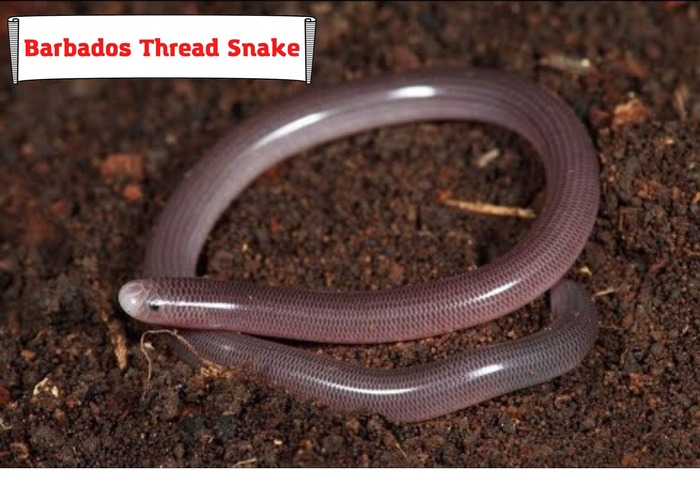Most animals communicate through mating calls to find their partners. Whether on or off-mating season, these cute little lizards with permanent smiling faces are impressively vocal. The crested geckos will communicate when they feel they need to mate. They emit sounds that may surprise or worry first-time owners.
Our cresties may even display behaviors that may be hard to understand. And to add more to your worries, they may even produce more sounds that beginners cannot interpret.

While this vocalization seems pretty straightforward, there isn’t much information found to help new crestie owners understand a crested gecko’s mating call. In this article, we’ll show you more information about this instinct by our crested geckos.
Mating Call & Crested Grecko Solitary Nature
Crested geckos are solitary reptiles. They can live alone, well, unless mating calls. We can sometimes call them anti-social because they prefer to live alone. Sometimes, living with someone stresses them.
Naturally, the wild cresties can live alone. They are nocturnal and arboreal, meaning they would spend days sleeping on canopies and tree branches. And at night, they are active geckos having everything they need in their natural habitat.
Also, crested geckos have territorial behavior. They would defend the territory that they have maintained for feeding, breeding, and hiding. You may group them in one vivarium. But make sure there is only one male adult in the group. Multiple females can live together with one male.
As a solitary animal, they need a place to hide. So if you are petting a crested gecko, there should be enough tall branches for them to hide.
They do not seem to need anyone else to survive because of their lack of social hierarchy and dependency on others for survival.
However, they act differently during the breeding months. And one of them is their low-pitched whistles that seem inaudible but could be pretty loud for their possible mates. They communicate with other cresties to signify interest in mating.
Mating calls are instinctive behaviors of crested geckos, which are naturally and genetically passed on. This behavior exists in their systems when they reach the adult stage. The crested geckos have vocalizations specific to their species for courtship and mating. It signifies that they are ready to mate and breed.
The Importance of Vocalization in Courtship
Vocalization is an essential way of communication in crested gecko’s adulthood. Even if they live alone in the wild or vivarium for most of their youth, the cresties learn to communicate when they are ready for mating.
1) To express interest
Mating calls are means of communication for a male to signify interest in a female. It is his way of attracting females and showing reproductive readiness as an adult. The male vocalization could express its size, vigor, and heath.
2) To signify species compatibility
There is a distinct vocalization specific to the crested gecko species. Females and males instinctively identify the vocalization of the same species. Once identified, the female could express her interest in a male gecko by responding with a vocalization.
3) To signify acceptance by female
Vocalization also helps a male crested gecko find out if a female accepts his interest in mating. If a female does not like to mate, it will bark or squeal and run away.
4) To express mutual agreement
Vocalization is essential in communicating between male and female geckos. Since they are solitary, their vocalization helps them understand each other. The vocalization helps them synchronize the courtship displays, avoid misunderstanding, and prevent aggression toward each other.
How Does Crested Gecko Mating Call Sound Like?
Mating calls are crested geckos’ way to show they are in heat and wanted to mate. Their mating calls often make repetitive squeaking or low-pitched whistles. They can be short and rapid and follows a frequency pattern. The short bursts could be fast, continuous, or more deliberate. They may vary from individual, especially for males trying to be creative and impress the females.
It is also worth noting that their sound may go from inaudible to slightly audible. You may have to turn the volume higher if you’ll record their mating calls and listen to them. They are soft and can be associated with other behaviors when they need to mate.
Other Ways Crested Geckos Communicate During Mating Calls
Apart from vocalization, crested geckos show various behaviors when they want to mate.
1) Tail Twitching
When a male or female crestie gets excited over mating, they wag their tails left and right or in a circular motion. They also do this to show their body movements and attract potential mates.
2) Love Biting
Crested geckos love to make soft bites when they want to mate. The male cresties nipple the female gecko’s head or neck gently to show interest. If you pet a male crestie, he can bite you softly in your hands or fingers. This love-biting can go on until he is ready to let go.
3) Head-bobbing
Head bobbing is the rhythmic movement of the head in an up and downward motion. Sometimes it goes with their tail twitching. And it is pretty normal to see your male crested gecko bob his head during courtship to impress a possible mate.
4) Scent marking
Both male and female cresties mark scent when they want to mate. This process involves rubbing their bodies on surfaces and secreting pheromones to attract opposite geckos and to signify their reproductive status.
5) Color changing
Color changes happen during the breeding season. In these times, the male cresties will have a more vibrant and pronounced skin color. They may also change their body patterns and develop more beautiful crests during this time.
6) Pursuing
Pursuing can also be distinct even to female cresties. When they are in heat, they will follow their mates everywhere. They may keep rubbing their bodies or bite their mates. Males can be even more progressive because their persistence may lead to mounting over the female’s body.
How to Differentiate Mating Calls from Other Sounds Crested Gecko Makes?
Crested geckos are vocal creatures. Even though they can be solitary, they will use vocalization to communicate and express their mood. However, you might confuse yourself with mating calls and the many sounds they make.
- Observe the repetitive pattern. Mating calls have repetitive patterns. And they come in short bursts of clicks, whistles, or chirps.
- Their mating calls usually come with courtship behaviors as we listed above.
- Mating calls are more intense, frequent, and persistent than other vocalizations.
- These vocalizations happen during the breeding season, which is from February to October.
- Observe if the vocalization comes as more of a response to other cresties’ vocalization.
Crested geckos emit sounds to convey different moods and feelings like stress and territorial authority.
Other sounds crested geckos make
If you want to understand more, crested geckos vocalize different sounds:
- Screams– Screaming is one way for cresties to defend themselves from predators. Also, they scream when they are in pain, scared or stressed because of captivity.
- Squeaks– Squeaks are less intense sounds from a scream. Squeaks mean excitement, mild stress, shock, or mating interest.
- Whistles– It is a way to seek attention from other geckos. It is a signal for socializing.
- Chirps– Cresties make this sound to signify their presence and interest in potential mates.
When are Crested Geckos Ready for Mating?
Before crested geckos can mate, they need to reach sexual maturity. They have to be fully developed. A male crested gecko will show these signs when they are about 3 inches or 7.5 cm long and 0.7 oz or 21 grams. They must also have developed hemipenes when they are sexually mature. But if you want your male gecko to be fully ready, wait until he weighs thirty-five to forty grams.
For female geckos, wait until she is forty grams before pairing.
The Mating Process
The mating process of crested geckos is pretty straightforward. You only have to introduce them to each other. If the female likes the male gecko, she will not run away when the male mounts on her.
In some cases where the female can be defensive, the male will be more aggressive, and painful biting can occur. You might get it wrong if you see the male biting the female. This behavior is natural. The only time you can intercept is when the female gets too stressed out with the males’ aggressiveness.
But when the male successfully mates, his body will be parallel to the female’s body. He might still be biting her neck during this time. He will place one of his hemipenes on the female’s cloacal opening. They will be locked in this position for three minutes or more.
What to Expect After Mating?
- They can go back to their separate lives.
- The female crestie will be gravid.
- You must observe nesting behaviors.
- She will lay two eggs starting on the 28th to the 40th day.
- She will lay two eggs every month or up to forty-five days.
- You must be ready to incubate them.
How to Help Your Crested Gecko During Mating Calls?
You do not have to pair them together every time they signify mating calls. Or you will have a home filled with individual vivariums.
Crested geckos reproduce rapidly. Breeding crested geckos needs effort, time, and money. If you are not ready for breeding, keep the adult geckos separately. You have to keep them apart to reduce potential aggression.
Next, provide them with distraction and enrichment. Keep them busy. Provide them with an engaging and stimulating environment. Provide their enclosures with lots of hiding spots, foliage, and climbing branches. Doing this will keep them busy.
We’ve seen owners handling their geckos during mating calls. And you can see how they can aggressively bite them, even if they’re soft. You can do this if you think they are not stressed about being handled. Some cresties do not like petting. But you can give them some head patting when they are in heat.
Crested geckos are naturally solitary and gentle. So next time you hear them vocalizing mating calls, don’t panic. It’s probably their instincts.
- Pacman Frog Looks Deflated – What’s Wrong and What to Do? - August 7, 2023
- How to Put Snake Back in Cage after Feeding? Important Concerns - July 31, 2023
- Repta Boost: Instruction, Considerations, Ways to Use - July 24, 2023



